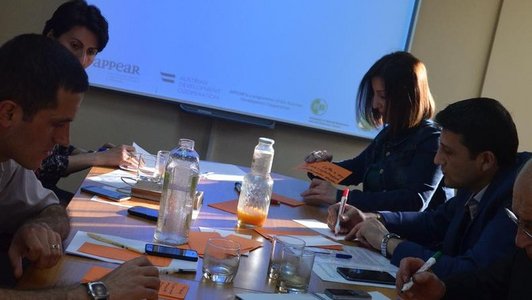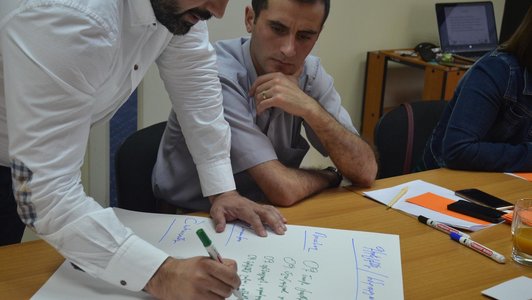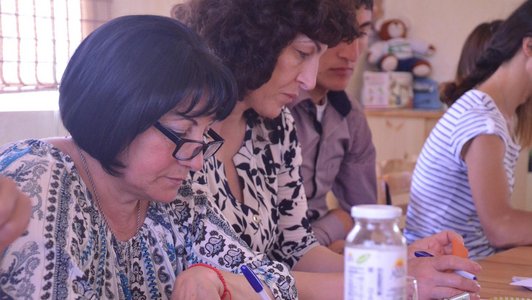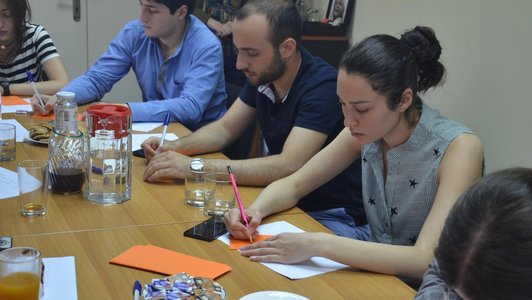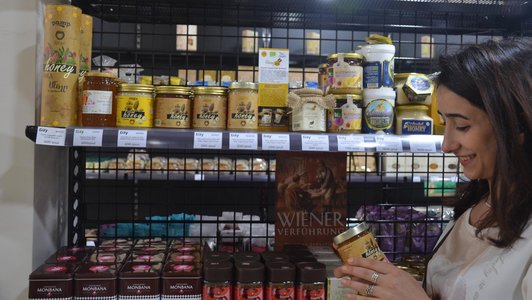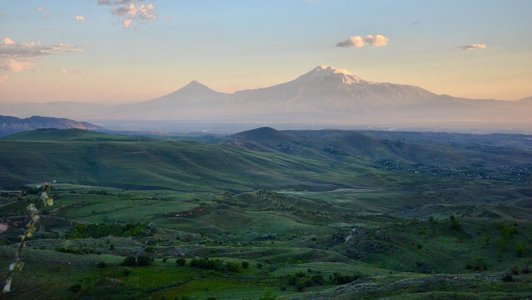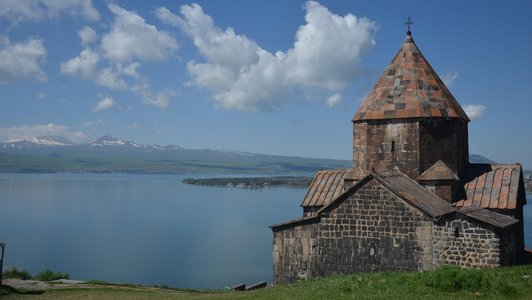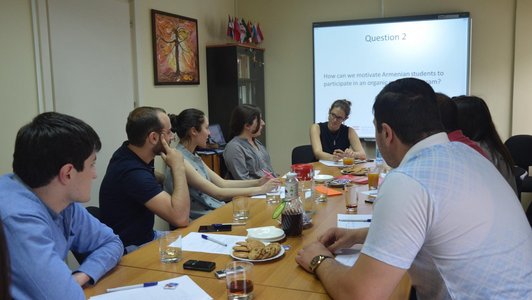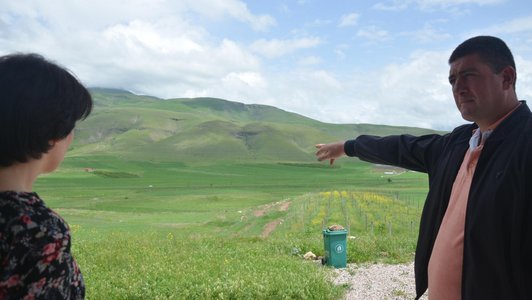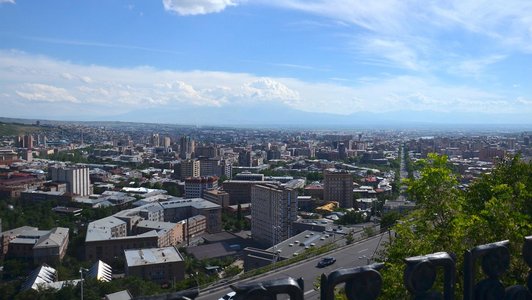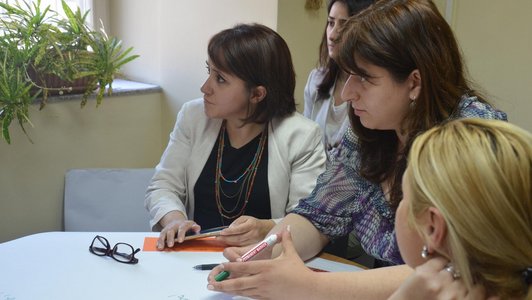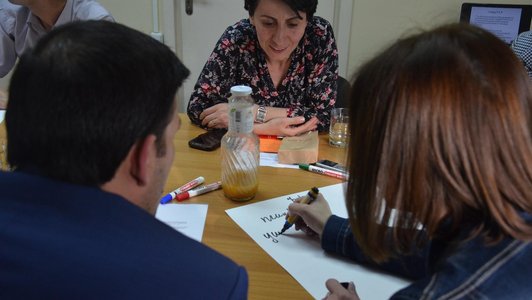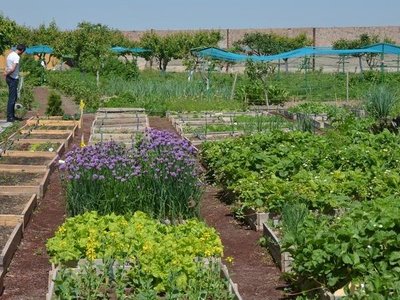

As organic is a globally growing sector based on the ethics of Health, Ecology, Fairness and Care , it is an attractive opportunity for those entering the workforce offering a dual purpose of business with a social message. Additionally, through the Austrian BOAA team members’ very short time spent in Armenia, they learned how vital the country’s health and beauty—of its citizens and its land—are to the cultural identity of the many Armenians living both within the country’s boarders and those scattered about the globe. Continuing this understanding BOAA is the result of a needs assessment that found a profound lack of organic education, skills and knowledge in Armenia.
Therefore BOAA team members designed the project to achieve the following goals:
- Establish an Organic Master Program at ANAU, and
- Build capacity at ANAU and within the broader Armenian organic community
As the project will be completed within three years, BOAA concluded its first phase in which project team members met up for a kick-off meeting lasting two weeks from21st of May to 4th of June 2017 in Yerevan. The meeting entailed the following actions:
- Implementing a comprehensive participatory assessment of educational needs in the organic sector in Armenia;
- Understanding the logistics and steps of implementing a masters program in the ANAU system; and
- Creating partnerships with stakeholders interested in collaboration.
To achieve these goals they conducted a set of five focus groups—with students; faculty and staff; organic stakeholders; women farmers; and organic farmers. These focus groups significantly helped them—particularly while it was the Austrian team members’ first time in Armenia—to understand both the organic sector’s needs but also project related challenges as well as to network. They also interviewed various farmers, industry workers and processors that were identified as key stakeholders. The Shen and Green Lane organic training centers were visited as well as a few farms around their regions to obtain a picture of the farming situation and the training level of organic agriculture in the field.
Separate meetings with the rector, vice rector and masters curriculum advisor at ANAU were organized to understand the requirements of implementing a masters program at ANAU. Here they realized that with the help of the Agribusiness Teaching Center (ATC) model at ICARE, BOAA will inevitably help boost the quality of opportunities, teaching methods and student experiences at ANAU.
BOAA’s next steps completed were to analyze their data and formulate the rest of their project schedule from what they have learned from their data collected. Aside from working on the most recent version of curriculum, currently the Austrian team members are planning for a visit in May from the Armenian team members, and they both sides of the team are working together on initiating a stakeholder committee that will represent diverse organic actors and their interests in Armenia throughout the curriculum building process.
After the Austrian team members were able to experience Armenia’s beautiful countryside, delicious food and incredible hospitality, the BOAA team members stated that the project is well on its way towards the implementation. They look forward to the positive results the project will surely have on the up-and-coming economic sector of Armenian organics.

